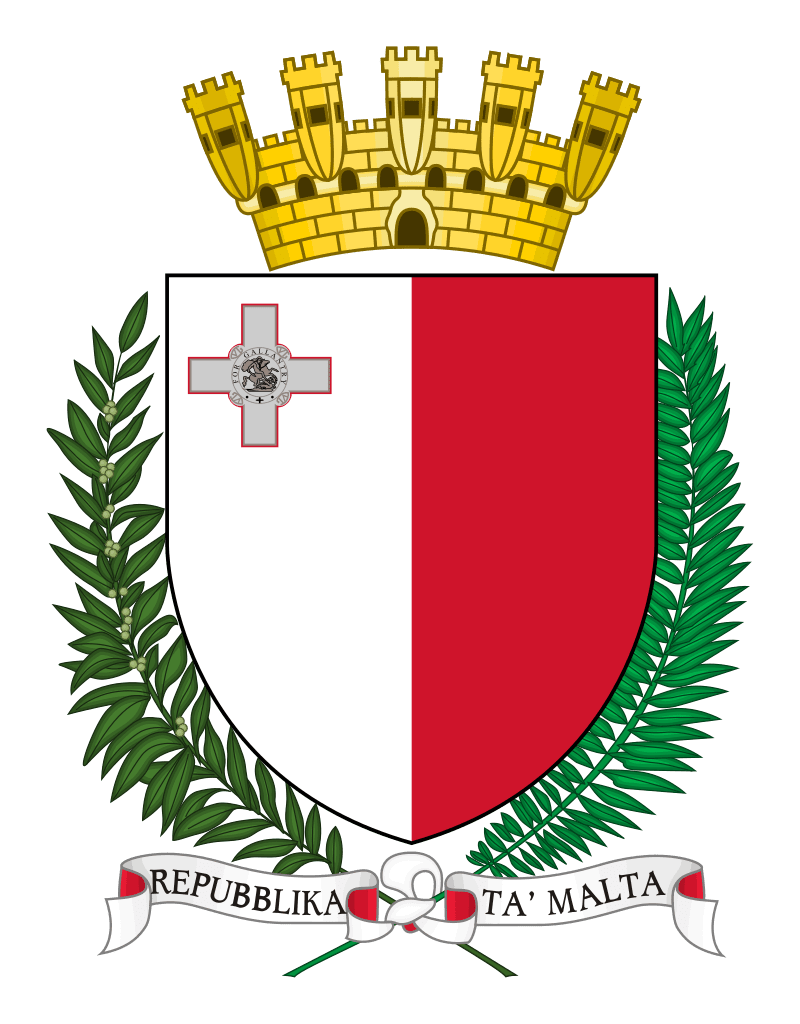Curatorial Statement
Insulaphilia
The first edition of maltabiennnale.art 2024 aims to examine the Mediterranean from an insular perspective; being surrounded by sea drastically alters one’s vantage point and response. Through insular thinking, it becomes evident that the Mediterranean basin has two shores—it is both Southern Europe and Northern Africa, a meeting of Orient and Occident, a confluence of East and West. Far from being something pure, the island is always a principle of composition and invention. An island is the ideal location for the forging of relationships: one departs, one arrives. It beckons one to traverse the surrounding sea, to touch other lands. Exhibition—the act of being outside of oneself—constitutes the truth of the island (Jean-Luc Nancy, Thinking the Present, Cuec, 2010). Here, the island presents itself as the origin of a new political conception; the island must be conceived not as a buffer between the interloper and its inhabitants, but intimately woven with the presence of so-called outsiders. If utopia can still be spoken of today, this is the desire – to centralise the position of the islands, in order to transform the political discourse.
Location is the immediate identifier of any isolated land mass; Malta’s maritime lore dates back centuries, and its crucial role throughout history has been as a strategic crossroads in the Mediterranean. Malta is adept at transformation, as a crossing of arrival and departure; as a nation-state, the Maltese identity emerges from centuries of colonisation. Indelibly linked to the various seafaring cultures that have dominated and declined through the region, Malta’s natural harbours have provided shelter, refuge and trading outposts to all who sought to settle, conquer, and reign – the Phoenicians, the Romans, the Byzantines, the Arabs, the Normans, the Order of St. John, the French, and the British.
Malta boasts seven-thousand-two-hundred-and-twenty-three years of civilisation. To envision the first edition of the biennale in such an ancient land necessitates working in tandem with its history. Thanks to Heritage Malta and the partnership with UNESCO – World International Heritage, many of the island’s cultural treasures will become the venues in which maltabiennale.art will unfold. The Central Pavilion and the National/ Thematic Pavilions will take shape within the island’s most illustrious and evocative sites. The capital Valletta, the majestic palaces in the harbour town of Birgu, the megalithic temples of Ħaġar Qim and the citadel in Gozo, will map out a biennale disseminated within the urban fabric.
These sites, symbols of Maltese history and Mediterranean civilisation, are not mere locations for intervention; no urban environment, let alone a cultural treasure steeped in history, is ever neutral and silent. If psychogeographic thought teaches us about the continual influence that landscape has on our psyche, then contemporary artists, called to exhibit in these venues, must rebuild an intimate relationship with these locations. Common assets, including cultural treasures, exist only if there is a community of inhabitants exercising their fundamental rights through them.
The public good is always the product of these relations. To envision new possible futures for the Mediterranean region, we must rekindle our affection for the places that constitute our history and diverse cultural identity. The insular thinking underlying maltabiennale.art hopes to defuse the postcard-like imagery of the Mediterranean. We stand against extractive tourism that desires only what belongs to the other—their sea, their beaches and their palm trees (with a round-trip ticket in their pocket). This narrative is only possible alongside the vision of artists who, tireless in their efforts, will chronicle a sea that unites in the face of historical fractures—those forces that extract-exploit-instrumentalise Mare Nostrum. Public space is to be investigated in the conflicting nature of the planning of underlying memories in the political contingencies that have traversed the Euro-Mediterranean geographic and social territory, marking and marching militarised borders and territories.
Insulaphilia is the importance of recognising hybridity within culture. Malta is not one but many; multicultural, multiracial, multilingual. People sing in different languages, just as they think and dream in different languages. This is what positions Malta and its archipelago as an ideal observatory for examining prevalent aspects of Mediterranean culture. maltabiennale.art seeks to delve into the concept of identity in a multiple and plural dimension, where the encounter and exchange with artists’ vision and other cultures is its cornerstone, along with a dutiful and painful awareness of the trauma of colonisation. A participatory configuration of invisible networks across the Mediterranean will connect the East to the West and the North to the South to stimulate exchange, vision and unwavering trust in individual and collective transformation. maltabiennale.art proposes a Mediterranean expedition into the possibility of harmonious coexistence.
Sofia Baldi Pighi
Artistic Director




